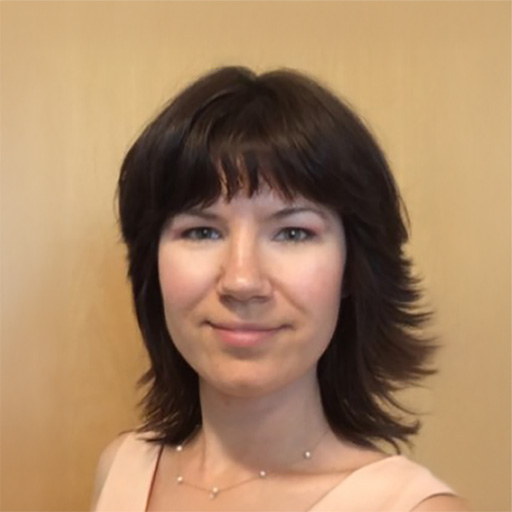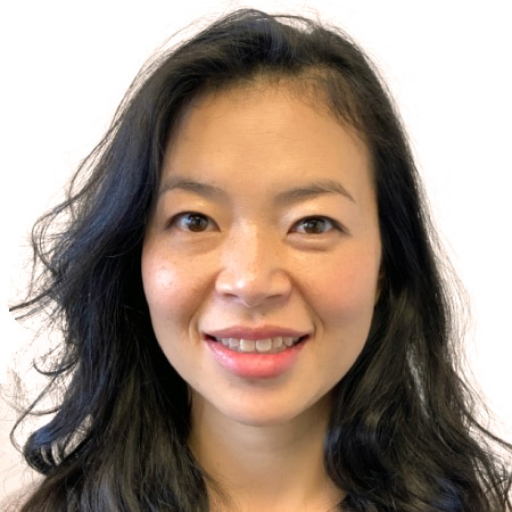Relationship Between Sleep Loss and Protein Buildup in Alzheimer’s Disease

Principal Investigator
Christopher Morrone, PhD
Centre for Addiction and Mental Health
Toronto, Ontario, Canada
About the Research Project
Program
Award Type
Postdoctoral Fellowship
Award Amount
$200,000
Active Dates
July 01, 2022 - December 31, 2025
Grant ID
A2022016F
Goals
My project examines how protein turnover/proteostasis and sleep changes impact cognition and Alzheimer’s disease (AD) and if we can reverse the effects therapeutically.
Summary
I hypothesize that sleep loss and protein recycling failure are interactive events in Alzheimer’s disease, that precede memory loss and predict disease progression. To test this, I will look at sleep and memory, neuronal function, and markers of protein recycling and pathology in an Alzheimer’s disease mouse model to see if improving protein recycling can rescue behavior. Artificial intelligence models will be used to assess the contribution of these biological events to predict memory loss and disease risk, facilitating the discovery of novel biomarkers and treatments for Alzheimer’s disease.
Unique and Innovative
My research uses innovative paradigms combining behavior, electrophysiology, gene expression and machine learning, to determine predictors of cognitive decline. I will analyze quiet wakefulness during mouse cognitive tasks, allowing mechanistic linkage of sleep loss and cognitive deficits. Examining the recovery period after sleep deprivation will indicate functional resilience, or lack thereof, which can be correlated to gene expression in the bioinformatic modelling. This will better predict therapeutic efficacy, including lifestyle modifications to improve sleep, or autophagy activation.
Foreseeable Benefits
The overarching goal of my research is to aid development of diagnostic and prognostic biomarkers (i.e., EEG, proteostasis), benefitting from the multimodal experimental approach. Exploring sleep resilience will be critical in understanding how even early changes in vulnerable cells can lead to mounting pathology with age. This will also lead to better understanding of when to intervene and predict therapeutic efficacy, as well as inform on lifestyle-based interventions to delay or prevent AD.
Related Grants
Alzheimer's Disease Research
A Sleeping Pill for Alzheimer's Disease
Active Dates
July 01, 2025 - June 30, 2028

Principal Investigator
Ksenia Kastanenka, PhD
Current Organization
Massachusetts General Hospital
Alzheimer's Disease Research
Repairing the Body Clock to Delay Alzheimer's Disease
Active Dates
July 01, 2025 - June 30, 2028

Principal Investigator
Jae-eun Miller, PhD
Current Organization
Columbia University
Alzheimer's Disease Research
Circadian Rhythm Disruption and Alzheimer's Disease
Active Dates
July 01, 2024 - June 30, 2026

Principal Investigator
Ashish Sharma, PhD, MPharm
Current Organization
Washington University in St. Louis



